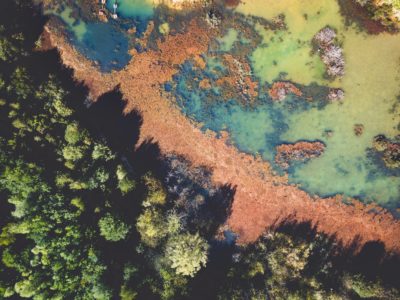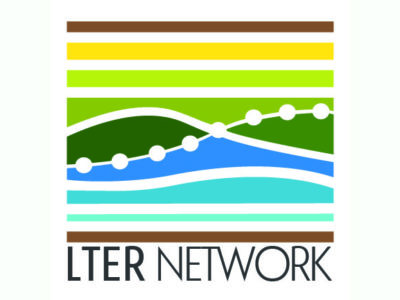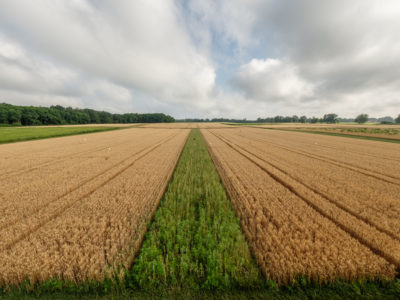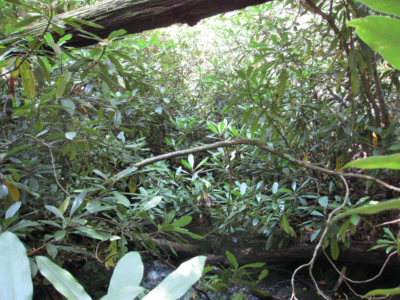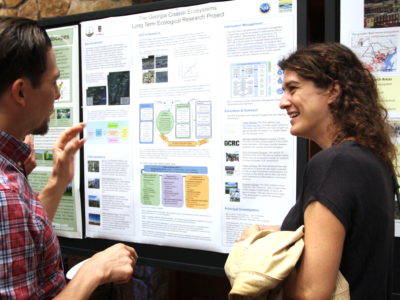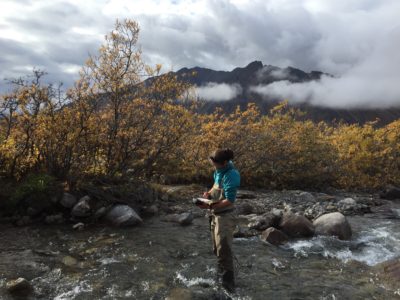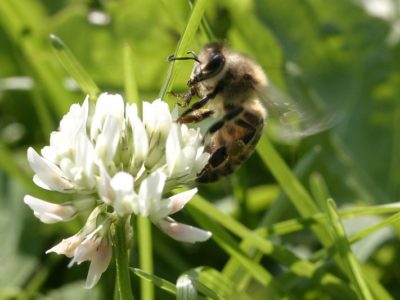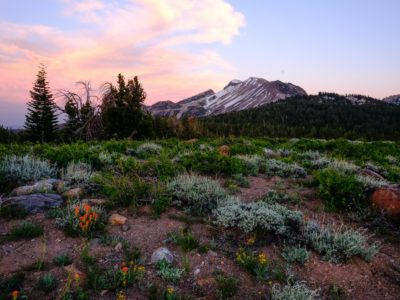Choose Your Poison: Plant Disease Outbreaks May Be Curbed by Periodic Wildfire
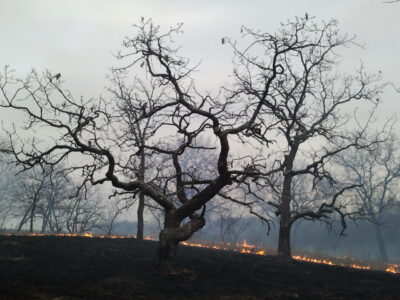
Wildfires have made headlines worldwide in recent years — and for good reason. Evidence points to increasing wildfire frequency and intensity across many vulnerable ecosystems as climate change impacts grow ever more evident. However, periodic wildfires in ecosystems adapted to them can actually help inhibit plant disease outbreaks, according to new research from Cedar Creek… Read more »

